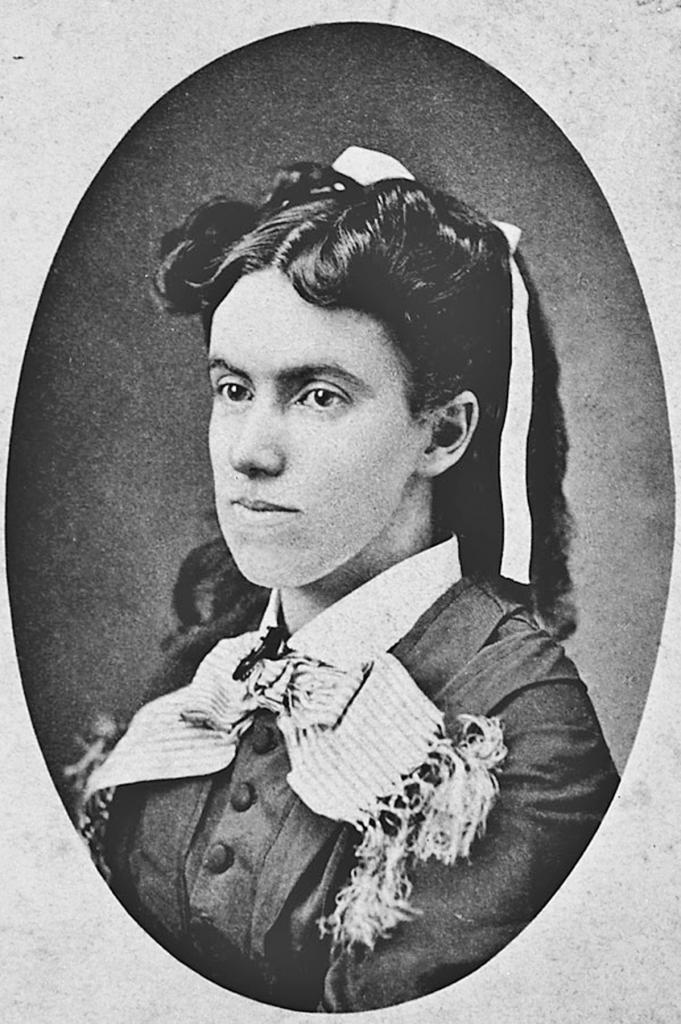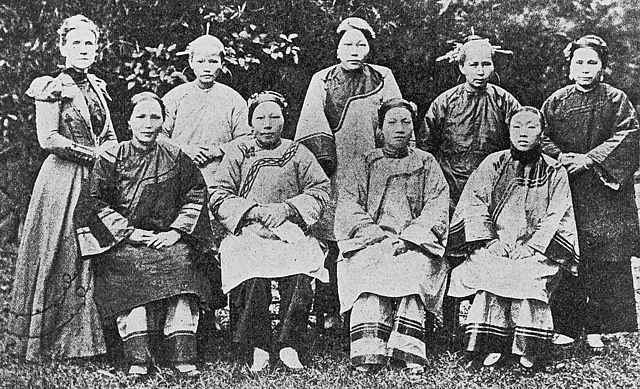
A gender divide has always existed among missionaries. We ought to understand the problem before we can address it. Debates about the role of women in ministry take different forms so I’ll examine one trend more common among baptistic missionaries, especially with the recent spread of reformed theology.
I have no problem with baptists nor reformed theology; however, the perspective I’ll highlight appears more often in those circles. In this post, I’ll point out the problem before offering a few corrective suggestions in the next post.
Women in the Church
Complementarians have long used passages like 1 Tim 2, Titus 1 to argue against women serving as pastors or teaching men in the church. This viewpoint creates a conundrum for those serving in China, where a disproportionate number of house churches are led by women. Questions arise such as:
Should one partner with these women-led churches?
How does one train women whom you don’t think should be pastors?
When we discussed plans to start a seminary almost 10 years ago, we invited many people to offer their opinions and concerns. I was surprised how many people argued against the idea of allowing women to take preaching classes, preferring instead they take teaching classes. Teaching. Ok. Preaching. Not ok.
The vigor of people’s objection caught me off-guard for two reasons.
First, for anyone who has taken a preaching course, most if not all of a typical preaching class is practically indistinguishable from what one would learn in a public speaking course.
Second, even if you don’t endorse women pastors, wouldn’t you at least want them to communicate God’s word effectively?
Sending Mixed Messages
Here are a few problematic examples I’ve seen in the past year.
A woman volunteered to work with the youth in her church. One boy in the class was 13 years old. The pastor expressed concern to the women saying that boys, in the Jewish tradition, are considered men by their teens. He suggested therefore that a man should teach the kids, lest a woman teaches a man (cf. 1 Tim 2:11–12).
By this pastor’s logic, we have to ask, “Where does it stop?” What does Paul forbid as having authority or teaching a man? Can a woman teach science or math to teenage boys? Is science not “spiritual” or theological in nature? Does the shape of one’s private parts determine one’s ability to teach? Not all complementarians are so extreme.
Similar issues exist in a prominent mission sending agency with whom I work closely. It sends many missionaries to China. The organization routinely says both men and women, husbands and wives are missionaries. Women are trained to evangelize and plant churches. Monthly, both genders must submit numbers about how many people they’ve evangelized, the training they conducted, and the number of churches/groups started.

However, women are increasingly pushed from positions of leadership (including those responsible for shaping strategy for cities and people groups). When large meetings are held, the man is invited and, at times, women are told not to come (even when the women have no children at home). Money is the typical excuse. The expense of having additional people participate is too much. Of course, leaders would frown upon if the wife came in place of her husband (according to the group’s ethos).
Women are often called “missionary wives” but you never hear someone say “missionary husbands.” These habits of speech are indicative of a deeply rooted problem. Words matter. Organizations send a mixed message about women’s roles in missions ministry.
Women are missionaries, but…
Anyone familiar with Chinese culture knows about the infamous 但是 (danshi) or “but”. Whatever the praise a parent gives their kid or a commentator about an athlete, you will certainly hear the word danshi follow. “You did amazing, but you could have improved this or that.”
Similarly, in the church, the word “but” squashes many good ideas.
“Women are missionaries but they can’t…..”
“God is sovereign over all things but individuals ultimately choose…..”
“Theology is important but the mission task is too urgent for teaching a lot of theoretical head knowledge.”
“Theology is important but the mission task is too urgent for teaching a lot of theoretical head knowledge.”
We are too content with “both-and” answers. One says both A and B are true without explaining how A and B relate. In short, people are unclear about what and why they hold the positions they do. Tradition and group pressure shape their convictions more than they’d admit.
Part of the problem lies in this: people are unaware of the implicit hermeneutical principles that underlie their views on women in ministry. Amid the gray, a false dichotomy emerges. Either one accepts an unfettered egalitarianism or enforces a sharp division between men and women’s roles.
In coming posts, we’ll examine how our principles of interpretation influence missionary practice, particularly in relation to women in the mission field.













